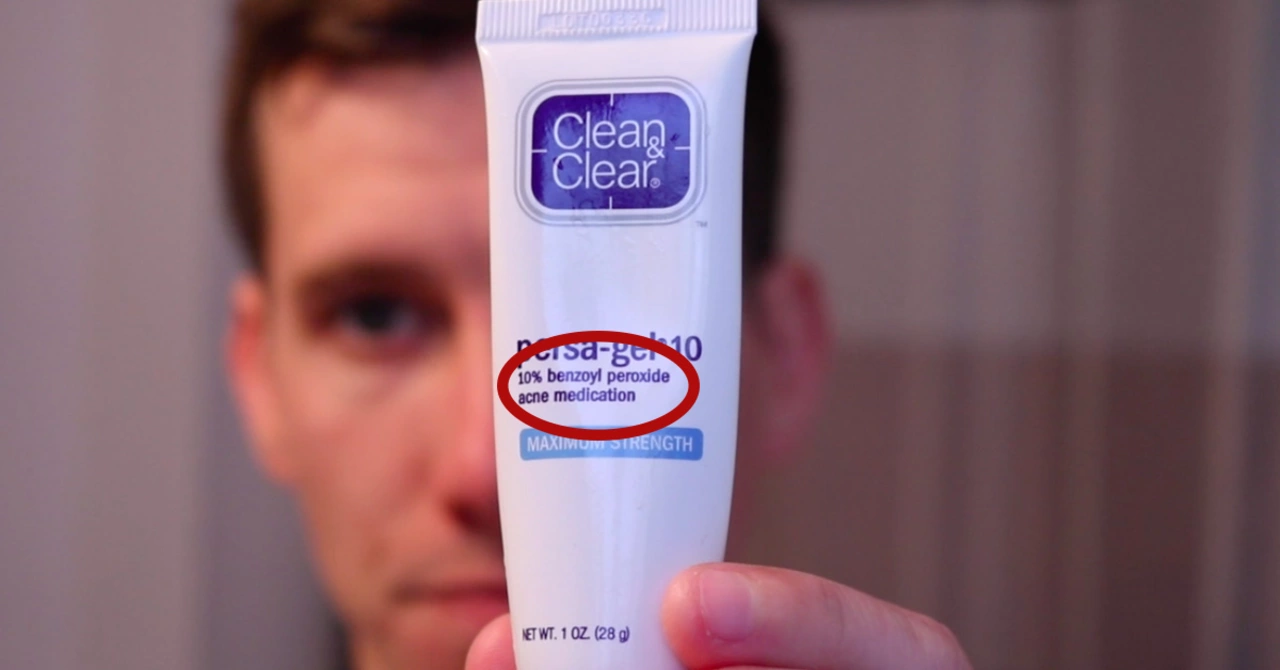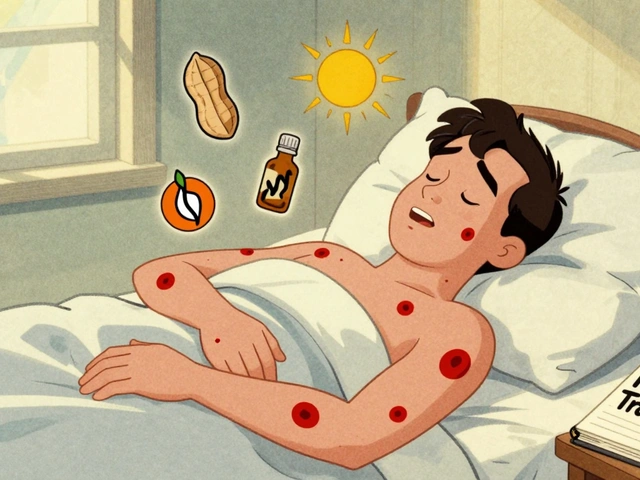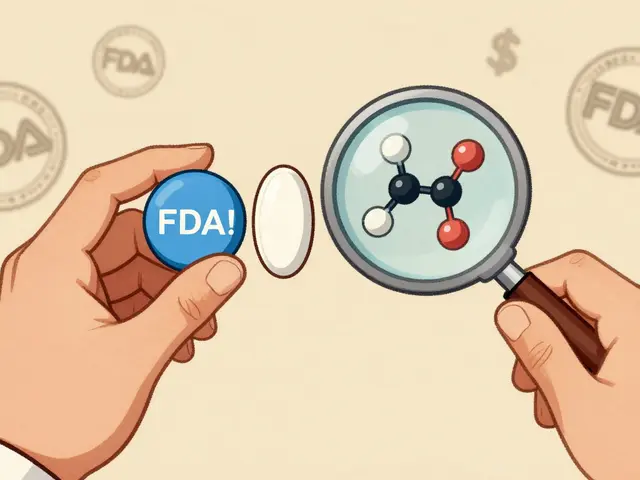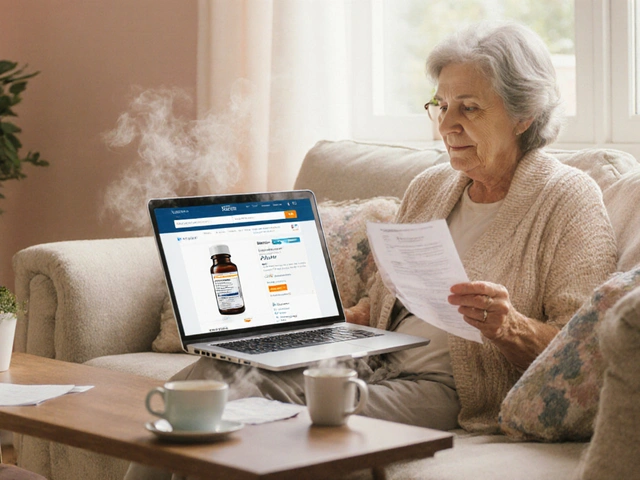Ingredient to Avoid: What to watch for in meds, supplements, food, and skincare
Ever read an ingredient list and felt lost? Some substances hide in pills, powders, foods, and creams but can cause real harm or interact badly with other meds. This short guide points out the most common ingredients to avoid, why they matter, and quick steps you can take right now.
Top ingredients you should watch for
Grapefruit and related citrus (Seville orange, pomelo). These fruits block an enzyme called CYP3A4 in the gut. That sounds technical, but the result is simple: certain drugs (like some statins, calcium channel blockers, and immunosuppressants) can spike to unsafe levels. If you take blood-pressure meds, cholesterol drugs, or transplant meds, skip grapefruit unless your doctor says it’s safe.
St. John's wort. This popular herbal for mood speeds up liver enzymes and can make birth control, antidepressants, blood thinners, and HIV meds less effective. If you use prescription meds, avoid St. John's wort unless a clinician approves it.
Licorice (real licorice root or glycyrrhizin). Regular intake can raise blood pressure and lower potassium. That’s risky if you’re on diuretics (like Lasix) or blood-pressure drugs. Even herbal teas labeled ‘licorice flavor’ sometimes contain real licorice—check the label.
Ephedra and DMAA (in some workout supplements). These boost heart rate and blood pressure and have been linked to heart attacks and strokes in healthy people. Avoid stimulants not approved or recommended by a doctor.
Hidden salt and sodium nitrite in processed foods. High sodium can blunt blood-pressure meds and worsen heart failure. Sodium nitrites in cured meats are linked to other health risks—keep intake low if you’re on heart meds or have hypertension.
How to check labels and stay safe
Read ingredient lists like a pro: look for both common and chemical names. If a supplement lists ‘proprietary blend,’ be cautious—doses and exact compounds are often hidden. Use reliable interaction checkers (FDA, drug interaction tools from big hospitals) before trying new supplements.
Ask your pharmacist. They can quickly spot risky combos between prescriptions, OTCs, and supplements. Carry a current meds list (including vitamins and herbs) to every appointment.
If you suspect a bad reaction—new sweating, dizziness, chest pain, sudden swelling—stop the product and seek medical help. For non-urgent questions, take a photo of the label and ask your pharmacist or doctor; it’s the fastest way to get a clear answer.
Small habit: each time you buy a new product, spend 30 seconds skimming the label. That tiny step prevents big problems.

Benzoyl Peroxide: An Ingredient to Avoid for Rosacea Sufferers?
I recently came across some information about benzoyl peroxide and its effects on rosacea sufferers. It turns out that this popular acne-fighting ingredient might not be the best choice for those with rosacea. Benzoyl peroxide can cause skin irritation and dryness, which may lead to an increase in rosacea flare-ups. Instead, experts recommend using gentle, non-irritating ingredients that help soothe and calm the skin. So, if you have rosacea, it might be a good idea to avoid benzoyl peroxide and opt for more gentle skincare products.
Read More




